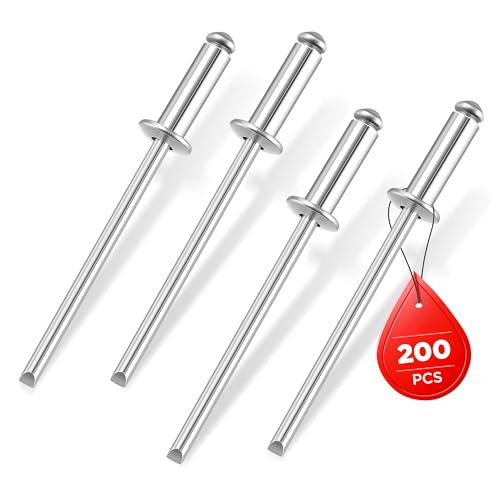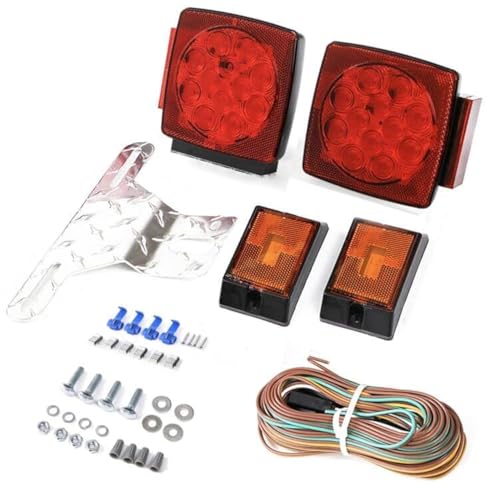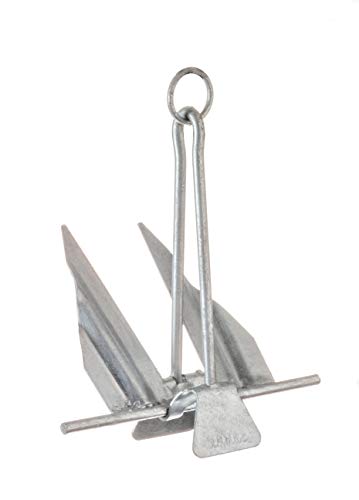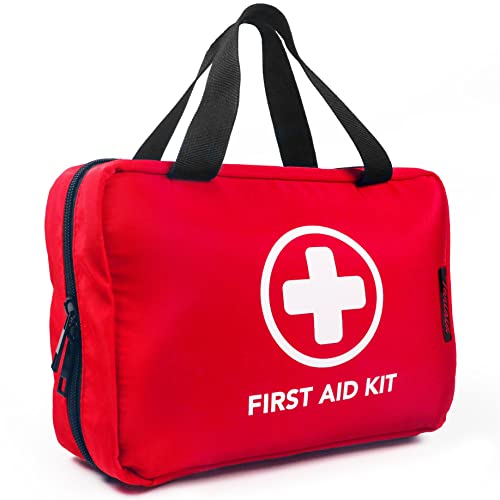thill
Well-known member
Soft hoses are good. Pull the bowl and take a look. Takes seconds, and will tell you a lot. Typically, the bottom of the bowl gunks up first. Maybe you should just clean the bowl and the uptake tubes, put it back together and see what that gets you. If noticeable improvement, great, you can rebuild later.
It never hurts to clean the carbs, especially the small idle orifices, like behind the idle screw and also the 3 little pin holes at the top of the throat. You may have to pull the Welsch plug on top of the carb to clean them properly, if it doesn't have the black top plate The kit will come with a new plug to replace it with.
Hard to say from a video, but it almost sounds like it's only running on one cylinder. Before you work on it, get it running, and pull the top spark plug wire and put it back, then repeat with the bottom plug. There should be a dramatic change in sound with either. If it runs with one pulled but instantly dies when the other, that narrows down which cylinder is doing all the work. Focus on the one that doesn't change things much.
Start with spark. Look at the plugs and see if they differ. A plug that isn't working may look super clean or badly carboned up. A good plug will look wet and oily right after running. Often, the orange primary wires going to the coils has corrosion inside the boots or on the coil terminal itself. Clean those up as needed. Twirl a properly sized drill bit in there with your fingers, and then spray out with WD40. Sometimes, that will smooth things out.
Any milkiness, gray color or water in the LU fluid? Is the shift rod hard to move up and down?
It never hurts to clean the carbs, especially the small idle orifices, like behind the idle screw and also the 3 little pin holes at the top of the throat. You may have to pull the Welsch plug on top of the carb to clean them properly, if it doesn't have the black top plate The kit will come with a new plug to replace it with.
Hard to say from a video, but it almost sounds like it's only running on one cylinder. Before you work on it, get it running, and pull the top spark plug wire and put it back, then repeat with the bottom plug. There should be a dramatic change in sound with either. If it runs with one pulled but instantly dies when the other, that narrows down which cylinder is doing all the work. Focus on the one that doesn't change things much.
Start with spark. Look at the plugs and see if they differ. A plug that isn't working may look super clean or badly carboned up. A good plug will look wet and oily right after running. Often, the orange primary wires going to the coils has corrosion inside the boots or on the coil terminal itself. Clean those up as needed. Twirl a properly sized drill bit in there with your fingers, and then spray out with WD40. Sometimes, that will smooth things out.
Any milkiness, gray color or water in the LU fluid? Is the shift rod hard to move up and down?




























































